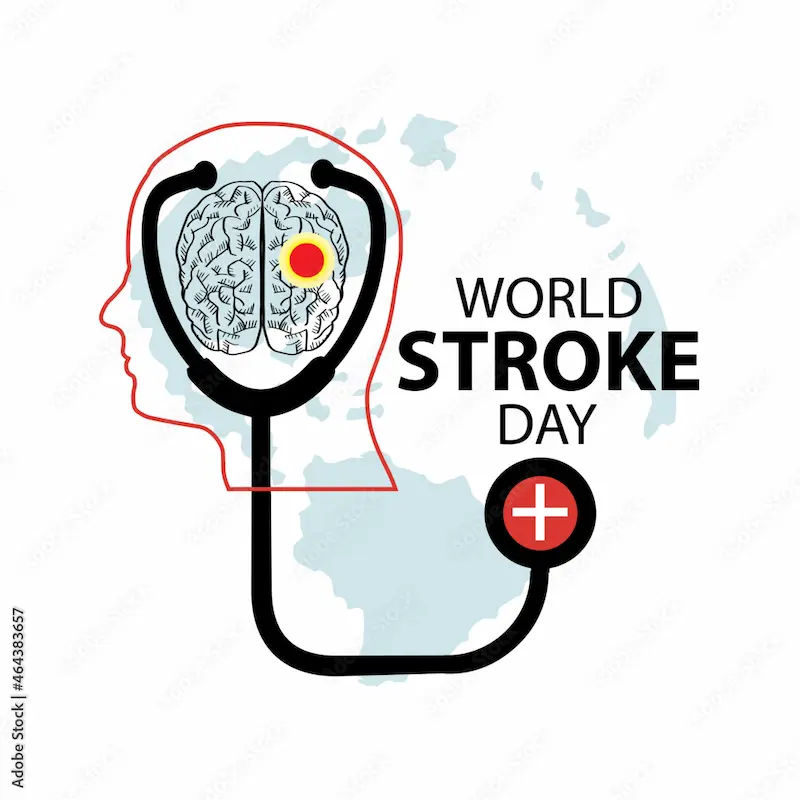- male
- 17 Years
- 22/01/2025
I've been dealing with some concerns about my blood pressure. I'm a 17-year-old guy, in pretty good shape with a BMI of 24.7, and I've noticed my blood pressure readings are often around 14060 or 13060. When I'm calm, the systolic number goes down to about 125, but the diastolic stays below 70, which I find unsettling. I do experience a bounding pulse in different areas of my body which adds to the stress. I've had health anxiety since the lockdown began, and I've been using homeopathy which has helped, and I'm also trying to keep my diet in check and exercise regularly. What's bugging me is why my diastolic number doesn't return to a typical range even when I'm managing everything else pretty well? When people talk about high blood pressure, I usually hear both systolic and diastolic numbers rise together, but mine seems to have one high and the other low. Could this be more than just anxiety, or is there something unique about my situation?
Answered by 1 Apollo Doctors
- Your diastolic blood pressure not returning to normal despite your efforts could be due to a combination of factors, including anxiety and possibly other underlying health conditions. It's great that you are managing your anxiety with homeopathy, but it's essential to monitor your blood pressure regularly and consult with a healthcare professional for further evaluation and management. In terms of medication, you can consider starting with a low dose of a calcium channel blocker like Amlodipine 2.5mg to help lower your diastolic blood pressure. 2. The fluctuation in your blood pressure readings, with systolic going up and diastolic going down, can be attributed to various factors such as stress, anxiety, and even the time of day when you measure your blood pressure. It's not uncommon for individuals to experience variations in their blood pressure readings, especially in response to different stimuli. However, persistent high diastolic blood pressure warrants attention and monitoring. 3. While anxiety may be a significant contributing factor to your elevated blood pressure readings, it's essential to rule out any other underlying medical conditions that could be impacting your diastolic blood pressure. Considering your age and overall fitness level, it's crucial to continue with your healthy lifestyle habits, including regular exercise and a balanced diet. Additionally, incorporating stress-reducing activities such as mindfulness or yoga may further help in managing your anxiety and potentially improving your blood pressure levels. Regular follow-ups with a healthcare provider will be beneficial in monitoring your blood pressure and adjusting your treatment plan as needed.
Dr. Dr Khaleel Suggests...
Consult a Cardiologist
Answered 04/07/2025
0
0

More Cardiology Health Queries
View allI'm 30 and just started working out, but I've noticed during cardio my heart rate goes above 180. Is this normal?
During intense exercise, it is not uncommon for heart rates to exceed 180 beats per minute, especially in younger individuals. However, it is important to monitor your heart rate and listen to your body. If you experience dizziness, chest pain, or difficulty breathing, you should stop exercising and seek medical attention. To help regulate your heart rate during exercise, you can consider taking a beta-blocker such as Metoprolol at a dose of 25-50mg before exercising, after consulting with your doctor.
Answered by 1 Apollo Doctors
I'm concerned about my blood pressure being 142 over 70. Could you help me understand what might be causing this and what solutions there might be?
Thats absolutely normal,no need to worry,maintain healthy lifestyle
Answered by 1 Apollo Doctors
I'm looking at my ECG report, and it mentions "ST-segment elevation anterior borderline." I'm not really sure what that means. Should I be worried about this? Can you explain what's going on?
The ECG report showing ST-segment elevation (anterior) indicates a potential issue with the heart's blood supply. This could be a sign of a heart attack or other cardiac problem. It is important to seek medical attention immediately for further evaluation and treatment. In such cases, medications like aspirin, nitroglycerin, and clopidogrel may be prescribed to help improve blood flow to the heart.
Answered by 1 Apollo Doctors
Disclaimer: Answers on Apollo 247 are not intended to replace your doctor advice. Always seek help of a professional doctor in case of an medical emergency or ailment.





 Purpose, Procedure, and Results.webp)